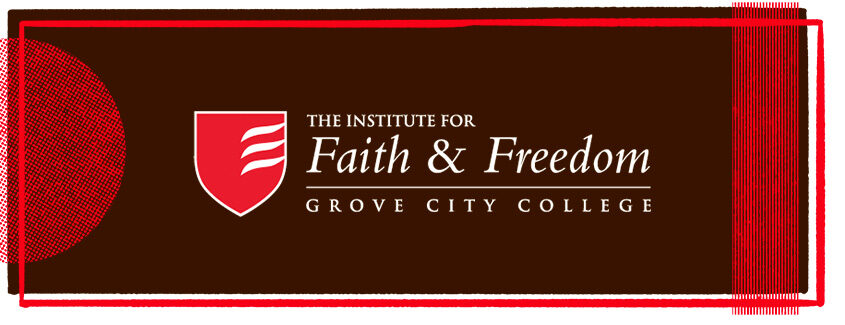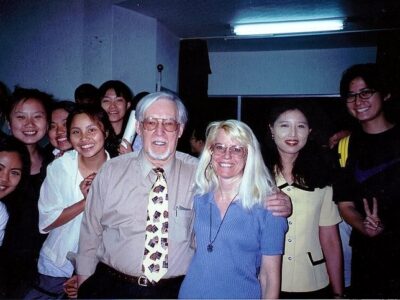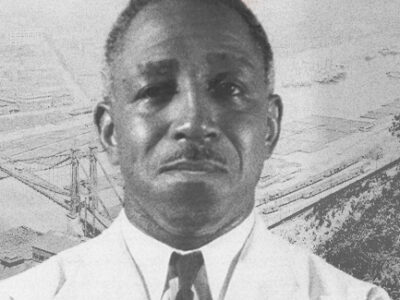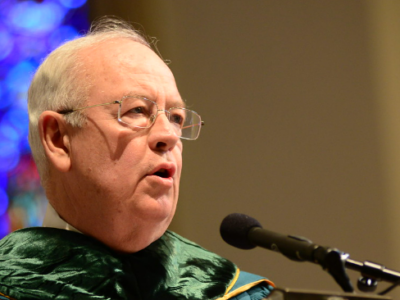
In recent years, Americans have protested racism, police brutality, environmental devastation, gun control laws, abortion, and many other issues. Millions have fought to expand the rights of women, LGBTQIA individuals, blacks, and other minorities. Today many are remonstrating against antisemitism and civilian casualties in Gaza.
Two hundred and fifty years ago, on December 16, 1773, another protest helped inflame the passions of both Americans and the British and contributed to the patriots’ declaration of their independence on July 4, 1776. Known as the Boston Tea Party, the dumping of 340 crates of tea, valued today at more than $1.7 million dollars, by Bostonians dressed as Mohawk Indians, helped galvanize American opposition to British policies. It prompted the British Parliament to pass the Coercive Acts, which had increased colonists’ anger and opposition toward the British crown. Many Americans called them the Intolerable Acts, arguing that they violated their sacred liberties. The Boston Tea Party helped strengthen colonial support for the American Revolution.
In 1767, the British Parliament, seeking to raise revenue to offset the costs of administering the 13 colonies, passed the Townshend Acts that taxed glass, lead, paper, tea, and other goods colonists imported. The act prompted many residents of Massachusetts, Rhode Island, and Connecticut to boycott these products. This hurt British merchants and led the government to repeal the taxes on all these items except tea. Many colonists, however, opposed the tax on tea, arguing that it contradicted the principle of consent by the governed. The price of tea, despite the tax, was less than that of tea smuggled from the Netherlands, so George III assumed Americans would buy it. He miscalculated, however, as residents of New York and Philadelphia refused to let cargoes of tea shipped by the East India Company be unloaded in their cities.
Meanwhile, in Boston, 5,000 people attended a meeting at Faneuil Hall on November 29 to protest the arrival of the Dartmouth, a British ship transporting tea. Speaking to a crowd at Old South Church that same day, Samuel Adams, “the firebrand of the Revolution,” asked, “Is it the firm resolution of this body that the tea shall not only be sent back but that no duty shall be paid thereon?” Those present shouted, “Yes.”
But the British royal governor Thomas Hutchinson was determined to ensure that the tea be unloaded, and a confrontation continued for 19 days, as colonists armed with muskets and bayonets strove to prevent this from occurring. Many warned that violence was imminent. Abigail Adams wrote, “The flame is kindled. … Great will be the devastation if not timely quenched or allayed by some more lenient measures.” Finally, on December 16, between 100 and 150 patriots, most of whom were young men, disguised as Mohawk Indians to make their identification more difficult, climbed abroad the Dartmouth and two other British ships, the Beaver and the Eleanor, and dumped 92,000 pounds of tea into Boston harbor.
Samuel Adams helped elicit the sympathy and support of residents of other colonies for the act by sending letters to patriot leaders contending that the destruction of the tea had been justified, orderly, and peaceful. Adams insisted that Hutchinson and the British customs collectors were responsible because they had refused to negotiate with the Boston protestors.
The reaction of patriot leaders to the tea party was mixed. In addition to Samuel Adams, his cousin John Adams and prominent merchant John Hancock strongly supported this act of civil disobedience. An ecstatic John Adams declared, “This destruction of the tea is so bold … that I cannot but consider it as an epoch in history.” George Washington and Benjamin Franklin, on the other hand, believing that private property was sacrosanct, opposed the rebellious act. Franklin even volunteered to reimburse the East India Company for its loss.
John Adams asked Mercy Otis Warren, a poet, playwright, and satirist who had supported the boycott of British imports and the destruction of the tea, to write a poem about the incident.
Her February 1774 poem declared:
To aid the Bright Salacias [the female goddess of the sea] Gen’rous Care,
Poure’d a profusion of Delicious teas,
Which Wafte’d by a soft Favonian [relating to the west wind] Breeze,
Supplied the Wa’try Deities in spight,
Of all the Rage, of jealous Amphitrite [another goddess of the sea].
The Fair Salacia Victory, Victry sings
In spite of Heroes, demi Gods, And kings.
She bids Defiance: to the servile train,
The pimps, and sycophants, of George [the III’s] Reign.
Irate about the flagrant destruction of tea, members of Parliament enacted the Coercive Acts between March 25 and June 2, 1774 that closed Boston harbor to commercial traffic, established military rule in Massachusetts, prevented British officials from being criminally prosecuted in America, and forced colonists to house British troops.
Opposition to these actions increased the growing friction between the colonists and the British government. The Virginia House of Burgesses proclaimed that “an attack, made on one of our sister colonies, to compel submission to arbitrary taxes, is an attack made on all British America, and threatens ruin to the rights of all.” Delegates to the First Continental Congress issued The Declaration and Resolves in October 1774. They demanded the repeal of the Coercive Acts, called for a boycott of British products, argued that the colonies had a right to self-governance, and created and trained a colonial militia, preparing the way for the American Revolution.
Sadly, the revolution did not provide equality for women, blacks, or Native Americans. It did, however, create the world’s geographically largest republic, which over the years has expanded the rights and opportunities of these groups and served as a beacon of liberty, prosperity, and hope.




